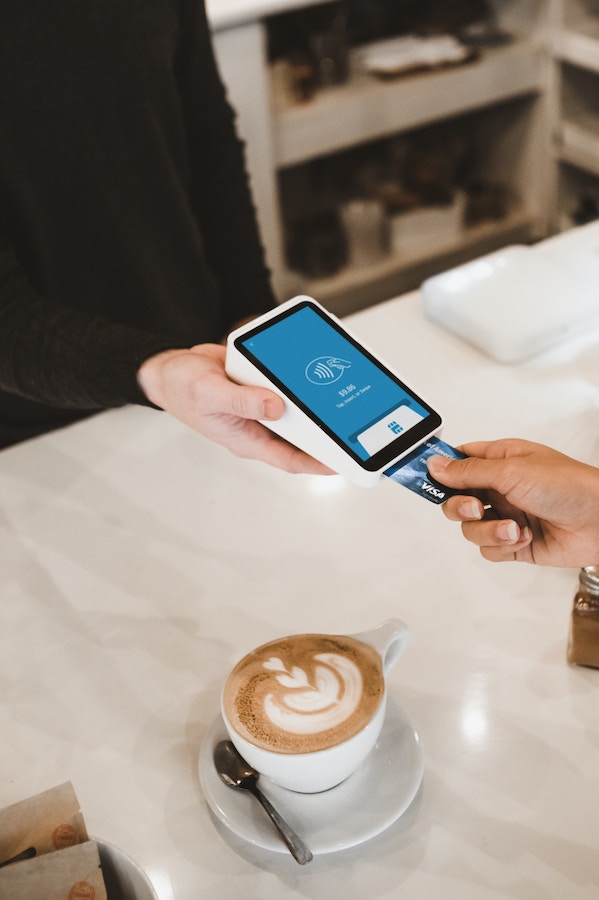With my oldest heading off to college this fall, I’ve been thinking about all the things kids should know before leaving home. And it’s a lot.
In fact I’ve found myself in a sort of panic mode wondering whether she knows some basics to help her navigate life. As parents, we worry so much about our kids eating their vegetables and getting enough sleep, but then we forget to teach them how to make their own doctor’s appointments. I blame time! (It’s really not very nice, is it?)
Thankfully, we have seasoned moms like Lisa and Christina on our team–along with some fantastic podcast guests with best-selling books about raising older kids–who have provided some terrific info to help moms like me.
With that in mind, here are 10 important things all kids should now before they leave home, whether they’re heading to college, a travel adventure, or a gap year of work in another city. – Kristen + the Team
10 things kids should know before leaving home

1. How to make doctor appointments.
Remember, once your kid turns 18 you don’t have access to their medical records without their permission. So teaching them about doctor visits is not just about calling a number or logging into an online patient portal; before kids leave home, they should know what to look for in a good doctor, and how to advocate for themselves at an appointment–something women in particular really need to know.
To start, go with them to their next appointment with the understanding that you will not be doing any of the talking unless it’s absolutely necessary. Also help them understand that doctors and nurses are busy, and sometimes don’t have the time (or patience) to ask all the questions they should, or to give you enough time to think of yours. It helps for kids to go in with a list of questions; and to remember that if they don’t feel good about the answers they’re getting, they can definitely ask for clarity or more information.
2. …and dentist appointments.
Twice a year. Important habit to start ASAP.
3. How to get their prescriptions filled.
Kids need to know how to order medications, and when to order them (as in, not the day they’re running out). Make sure they have a copy of their insurance card and prescription (Rx Bin) card on them, or a photo on their phones–and how to know what their co-pays should be, because pharmacies sometimes don’t get it right.
Before kids leave home, they should also be sure they know how to read a prescription label so they can identify whether a pharmacy has switched to a generic, and whether there are any implications for that. Never take a prescription order for granted without double-checking!
Related: How to be an adult: Tips from author Julie Lythcott-Haims
4. Who to call in case of a medical emergency.
There are lots of great tips here for college students who may be facing emergencies. If your kids have an injury, a cold, Covid, or new symptoms they can’t identify, do your kids know who to call? Talk to them about the difference between a doctor’s office, a hospital ER, or a local urgent care clinic. And of course, let them know they should never hesitate to get help they need, if only “just to be safe.”
(And of course they can always call you too.)
5. Money management, budgeting, and how a credit card works.
Hopefully you’ve been talking to your kids about budgeting and saving money. The next step is to trust them with a credit card to help them build good credit early. (A debit card with a credit function can work too.) Start them out as an additional user on your own credit card accounts and you can help keep an eye on their expenses. (Plus, you may get some sweet bonuses of your own.) Discuss in advance what you will and won’t pay for.
 Photo by Clay Banks on Unsplash
Photo by Clay Banks on Unsplash
Also talk about the importance of paying off balances each month–check out Equifax’s excellent primer on this.
American Express is a perfect first card, because it’s a charge card, not a credit card; when they’re ready to upgrade to a card of their own, they will already have a history with Amex. Alternately, a lot of parents recommend Discover as a good starting point.
Definitely compare cards together, so they can understand the various benefits of each, and of course, the interest rates, fees and penalties for keeping a balance or late payments. The Points Guy is a great resource for comparing credit cards based on your needs and usage patterns.
6. How to do the laundry. Or use a laundromat.
Don’t assume kids entirely know how to do their own laundry, so a refresher can’t hurt. If they’re going to be using pay machines in a dorm or apartment for the first time, it’s smart to take them on a quick tour of a local laundromat to understand that yes, you do have to keep adding money for another 15-minutes of dryer time.
7. How to comparison shop and save money in a grocery store.

If your kids aren’t familiar with grocery shopping and budgeting for food, it’s an important thing for kids to learn before they leave home and head off on their own. Even if they’re heading to college where they’ll be on a meal plan, they’ll surely be stocking up on some dorm room essentials (eg cereal) and it’s good for them to understand state taxes that may apply to food, how to compare price per unit, and generally, how far (or not!) money goes when it comes to food.
PS Make sure they do the math and figure out the difference between brewing their own coffee each morning, and making daily Starbucks runs. It might be a big wake-up call! (No pun intended.)
8. The importance of sleep and overall self-care.
Yes, college is the land of all-nighters, but before your kids leave home, they need to truly understand that lack of sleep can take a serious toll on their minds and bodies. Also have good conversations about the importance of hydration and nutrition, so they’re fueling their bodies with actual food — especially at breakfast — and not just Monster drinks. Be sure to present lots of data and talk about it from a health and wellness standpoint, which can be very convincing, even to skeptical teens.
9. How to make good choices about issues they’ve never faced before.
Before your kids leave home, you of course want to make sure they are capable of making good choices about new situations that will arise. “What if…” is a great exercise; come up with a few scenarios like “what happens if you get into a car accident?” or “what happens if someone you don’t know offers you a drink” and give your kid a chance to think it through. Then give them kudos for their response, or help direct them to another option they may not have considered. (
10. It’s okay to ask for help. Always.
As you hopefully have been doing their whole lives, be abundantly clear that even when your kids are actual adults, you’ll always be available if they need help with anything, and without judgment. No matter what time of day or night. No matter what the situation. Their safety, mental health, and well-being is the most important in your own life.
And of course, if they’re not comfortable talking to you, make sure to establish other adults and helpers that they can go to or call should they need. Don’t take it personally, parents, if your kids would rather call a friend’s parent, a counselor, or a trusted aunt or uncle — what’s important is that they’re willing to reach out to someone responsible should they need it.
Do know that all colleges and universities have a mental health center or crisis center that is available for all students, no matter what time of day. Just check the institutions website, and maybe encourage your student to program that number into their phone before they head out on this next big adventure.
This is by no means an exhaustive list, but it’s a great place to start. Any ideas of your own? Share them in comments!
Photos: john vicente and eduschadesoares on Unsplash




